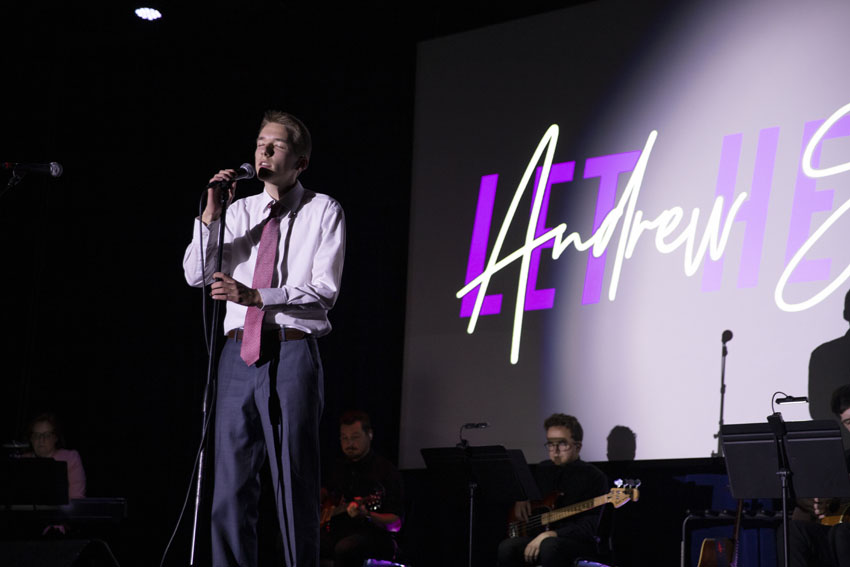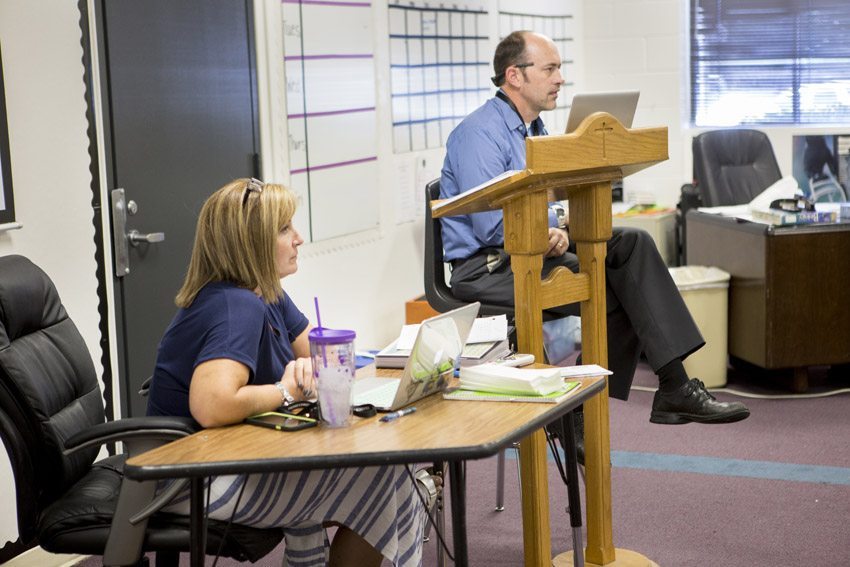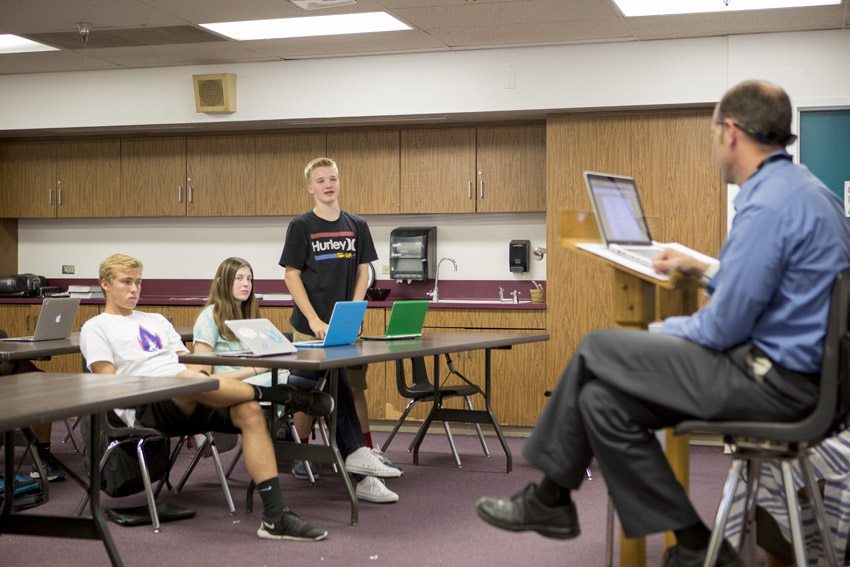Anecdote
I recall sitting outside at night and seeing my brother Angel Ruelas practice soccer. My father forced my brother and me to practice. Angel desired to play soccer professionally at a very young age, so my father tried to help by giving him extra training. Angel and I complained about this additional training, and when my father heard this, he reprimanded my brother.
The main point of my father’s lecture stayed with me, “If you want to achieve anything in life, you need three things – the will, the know-how, and the resources.” It felt like my father gave me the secret to his success.
My father coerced me to sit down through business conventions throughout my formative years. These conventions, thrown by my father, lasted three days, starting in the early morning and usually bleeding into the next day, ending at 2 a.m. I sat through hours of speeches, hoping to hear more from him, but he never seemed to appear on stage.
Eventually, I did hear him speak again at another event set up by a third party. He went into the depth of his philosophy, the same one he told me years ago. Before st

rating his speech, he prefaced that each third that makes up success is equal and necessary as the next.
The will, know-how, and resources
Three necessary objects to achieve success are the will, the know-how, and the resources. For example, if you know how to build a bridge and desire to do so yet lack the resources, you cannot produce the bridge. Similarly, if you know how to construct the bridge and have the capital to make it happen yet have no desire to build it, the bridge will not be made.
If you want to build a bridge and lack either resources or know-how, you cannot. In other words, will, know-how, and resources are not mutually exclusive. Each part is equal to the next, yet this does not mean they are all equally powerful.
Will is superlative to the rest of the other two ingredients. If you lack the other two components, you can supplement it – yet you cannot truly supplement will.
In other words, if you desire to build the bridge and have the resources to construct it, you can hire someone with the know-how to create it. Likewise, you can substitute the know-how for the lack of resources and achieve a similar result.
The main problem with lacking resources or know-how is that it can cost time or capital to make up for it. A lack of knowledge can lead to a misinformed decision. Similarly, a lack of resources inhibits making an optimal action.
An example of the latter can be seen with artists and courtiers in history who worked in royal courts. Whether a person was a king’s closest adviser or an employed sculptor, they all equally depended on the King’s will to receive resources.
Conclusion

As Christians, it is essential we recognize the importance of will. As said in the Gospel of Matthew 7:7-8, “Ask and it will be given to you; seek, and you will find; knock and the door will be opened to you. For everyone who asks receives, the one who seeks finds, and to the one who knocks, the door will be opened.” This passage highlights God’s willingness to support us when we have the willpower to seek Him.
This scripture states that whatever it is we search for shall be found. Yet it is essential to remember that much like the courtiers under an earthly kingdom, we are subject to God. If we ask God, he will respond – so long as the response is within his will. In other words, there are two prerequisites to find under God. We as individuals need the will to achieve something, and we need to align ourselves with God’s will.
It is imperative that in everything we do, that we have a strong will. Whether success is a step or twenty miles away, so long as our will remains strong, it is achievable.
To read more about The Feather, go to GED: An alternative to traditional education, or Sense of Style: Elevating your look.













